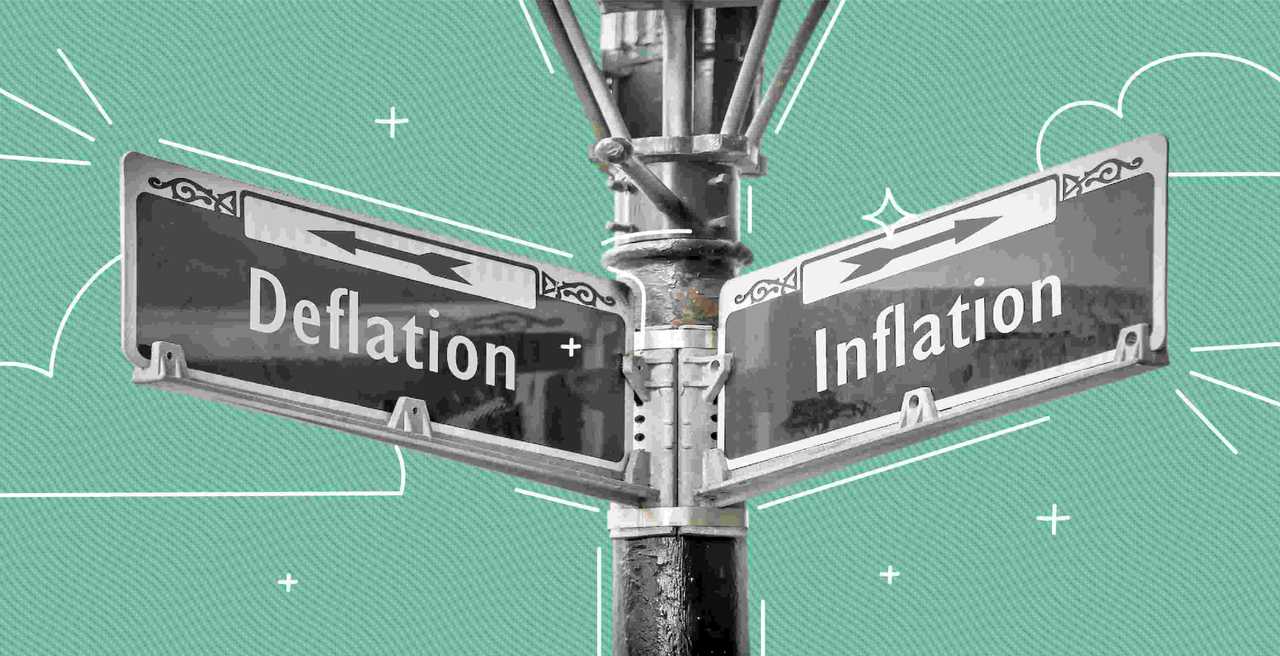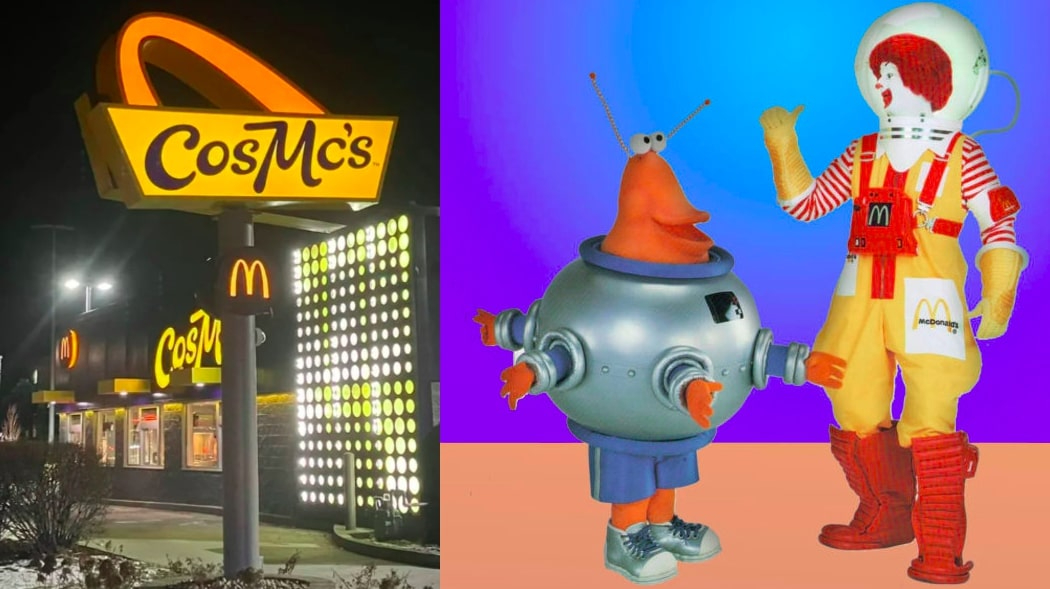Deflation – the new term being thrown around by economists

Image: Bungalow
For years, inflation – the ugly beast that it is – has been at the forefront of any economic-focused conversation. But a new term is now being thrown around by economists – deflation.
Deflation, which is when prices decrease (the opposite of inflation), is largely isolated to one part of the economy, however – durable goods, or products designed to last more than three years. This category includes consumer electronics, appliances, furniture, cars, etc.
- Prices for durable goods have fallen on a year-over-year basis for five straight months, per the Commerce Department. For some durable goods product categories, such as TVs, prices are lower now than before the pandemic.
- Another deflation example: cars. The average price paid for a new vehicle at retail was ~$45,300 in November, according to research firm JD Power, down from ~$47,000 in December of 2022.
But in other areas, prices are like a weed-smoker who refuses any suggestion to quit – staying stubbornly high. The price of admissions to a concert or football game has risen 10% year-over-year, and clothing and grocery prices went up 2.5% and 2.4% year-over-year in October, respectively.
👀 Looking ahead… We’ll get more inflation data tomorrow, when November’s CPI is released. And we should also (hopefully) get more of an indication into the Fed’s inflation strategy. Currently, futures are pricing in that the Fed will cut its key policy rate from 5.25%–5.50% currently to ~4% by the end of 2024.
Share this!
Recent Business & Markets stories

Business & Markets
| December 7, 2023McDonald’s is taking aim at Starbucks
☕🥤 McDonald’s is launching a new spinoff brand called CosMc’s, the fast-food chain’s answer to Starbucks and its first new restaurant concept in its 68-year history.

Business & Markets
| December 5, 2023The US and EU are fighting over tariffs – and whiskey is caught in the crossfire
🥃 The $5.4 billion US liquor industry is staring down an upcoming 50% tax when American-made whiskey is sent to Europe, potentially affecting $566 million worth of EU-bound liquor each year.

Business & Markets
| December 1, 2023The Cybertruck is finally here
🛻 Yesterday, Tesla delivered its first Cybertruck pickups to customers. It’s been a long time coming.
You've made it this far...
Let's make our relationship official, no 💍 or elaborate proposal required. Learn and stay entertained, for free.👇
All of our news is 100% free and you can unsubscribe anytime; the quiz takes ~10 seconds to complete